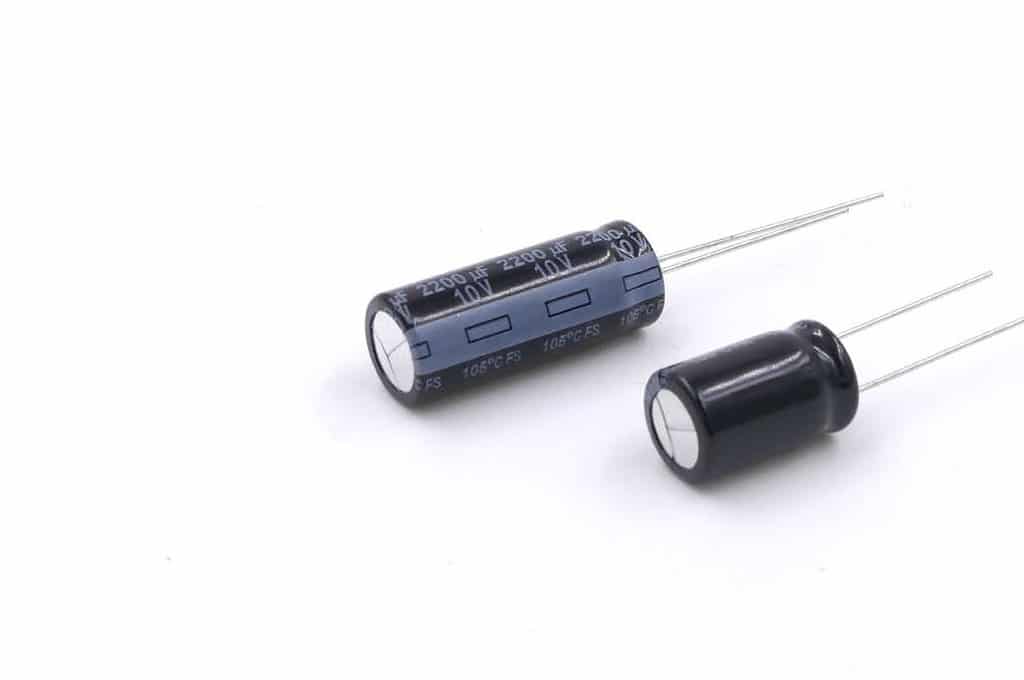Capacitors are fundamental electronic components widely used in various industries and applications. They store and release electrical energy, making them essential in both alternating current (AC) and direct current (DC) circuits. In this article, we will explore the versatility of capacitors and delve into their applications in both AC and DC systems.
- Understanding Capacitors:
Before we delve into their applications, let's briefly understand what capacitors are. A capacitor consists of two conductive plates separated by an insulating material known as a dielectric. When a voltage is applied across the plates, an electric field is established, causing the plates to store electrical charge. Capacitors are characterized by their capacitance, which determines their ability to store charge. - Capacitors in AC Circuits:
In AC circuits, the voltage alternates between positive and negative cycles, constantly changing direction. Capacitors play a crucial role in AC circuits by allowing the flow of alternating current while blocking direct current. They act as reactive components, storing and releasing energy to help regulate voltage and current. Some key applications of capacitors in AC circuits include:
a. Power Factor Correction: Capacitors are used to improve the power factor in AC systems, reducing energy wastage and enhancing efficiency.
b. Motor Start and Run Capacitors: Capacitors are employed in motors to provide the necessary starting torque and maintain a steady rotation.
c. Filtering and Coupling: Capacitors are utilized in filters and coupling circuits to block unwanted frequencies and allow the passage of desired signals.
- Capacitors in DC Circuits:
In DC circuits, the voltage remains constant, flowing in a single direction. Although capacitors are not typically used for energy storage in DC circuits, they find applications in various aspects, such as:
a. Timing and Oscillator Circuits: Capacitors, in conjunction with resistors, are used to create timing circuits and oscillators, enabling precise control of timing intervals and generating stable waveforms.
b. Voltage Regulation: Capacitors are employed in voltage regulator circuits to smooth out voltage fluctuations and provide stable DC output.
c. Energy Storage and Pulse Discharge: Capacitors can store energy in DC circuits and release it rapidly when required, making them suitable for applications such as flash photography and pulsed lasers.
- Capacitor Considerations:
When selecting capacitors for AC or DC applications, several factors need to be considered:
a. Capacitance Value: The required capacitance value should be chosen based on the specific application and circuit requirements.
b. Voltage Rating: Capacitors must have a voltage rating higher than the maximum voltage they will encounter to prevent breakdown.
c. Dielectric Material: The choice of dielectric material affects the capacitor's performance, including factors such as temperature stability, dielectric absorption, and leakage current.
Conclusion:
Capacitors are versatile components that find applications in both AC and DC circuits. Their ability to store and release electrical energy makes them indispensable in various industries. Whether it's improving power factor in AC systems or providing timing control in DC circuits, capacitors play a vital role in ensuring efficient and reliable operation. Understanding the applications and considerations of capacitors allows engineers and designers to harness their potential fully.
